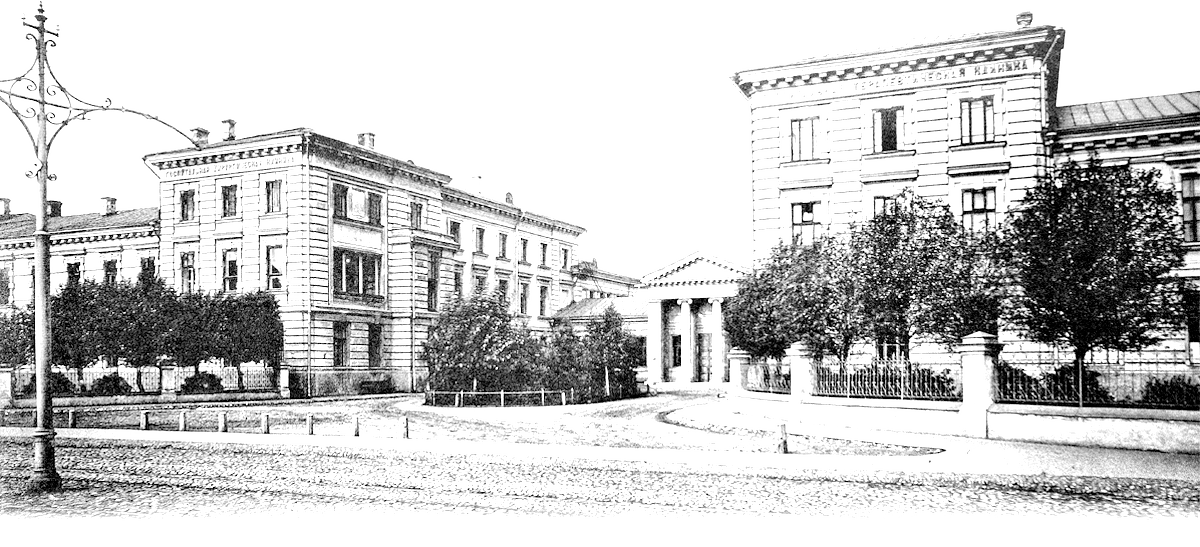Testicular tumor (Cancer)
- Details
- Published: 22 October 2018
Testicular tumor is a tumor in the male scrotum, as a rule, it has a malignant nature.
The main cause of the disease is genetic predisposition. The risk of developing a testicular tumor increases to 17 times in the case of cryptorchidism. It is a condition, in which due to intrauterine development the testicles do not descend into the scrotum from the abdominal cavity, where it forms. There are 3 times more likely to get testicular cancer in patients who have undergone surgery for inguinal hernia.
Testicular cancer may be associated with impaired reproductive function of men, low birth weight of the child, mother's age (the older one has the higher risk), etc.
Symptoms of testicular tumor (cancer)
In half of the cases, the testicular tumor causes no symptoms. However, size increasing can provoke pain in the scrotum. Sometimes the disease has a similar course with the inflammatory process, which complicates its correct diagnosis.
Diagnostics of testicular cancer
Tumor node can be determined by palpation. The primary screening is ultrasound. If the tumor has spread outside the testicle, magnetic resonance imaging (MRI) of all the scrotum organs is necessary. Computed tomography of the abdominal and thoracic cavities is required, as metastases in the lymph nodes are possible. In addition, a special blood test is performed - in 75-80% of cases, a testicular tumor is accompanied by an increase in cancer markers of alpha-fetoprotein and human chorionic gonadotropin.
Treatment of testicular cancer
Testicular cancer can be cured if the disease is diagnosed early. During the operation, a testicle and spermatic cord are removed through a 5 cm incision in the groin area. Then a histological examination is performed. Depending on the morphological structure of the tumor, radiation or chemotherapy is prescribed. Male reproductive and sexual functions are not affected during treatment. Hospitalization is 3 - 4 days.
If the absence of a testicle delivers psychoemotional discomfort to the patient, after a while, in order to make sure that there are no complications, a special prosthesis can be installed that fully restores the appearance of the organ.




